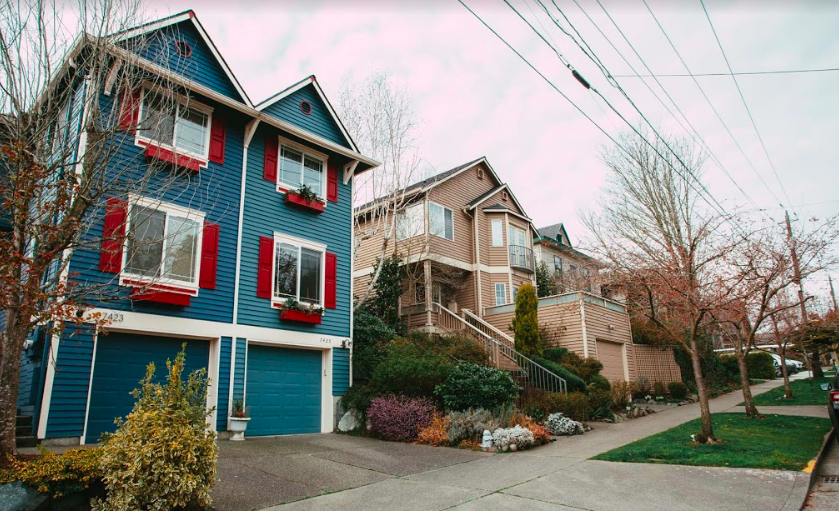With demand currently outweighing supply in many areas of the United States, such as Seattle, buyers are looking for ways to stand out.
Rent-back agreements, which are basically rental agreements where the seller becomes a temporary tenant in the house they sell, are one way to alleviate some of the stresses that come with selling and buying in this highly competitive housing market.
What Is a Rent-Back Agreement?
Rent-back agreements extend the time the sellers can stay on the property after the closing sale.
For example, if an individual is selling their house, with a rent-back agreement they can stay in the home for a specified amount of time after someone has closed on the purchase, giving them time to secure a new residence and move all of their belongings out of the house.
With this legally binding agreement, the seller agrees to pay the new homebuyer rent to temporarily reside in what is now their home.
[Related: Important Tips for Millennial Homebuyers]
Advantages of a Rent-Back Agreement for the Buyer
Offering a rent-back agreement as a buyer can have some big advantages. In a competitive housing market, offering the flexibility and understanding of a rent-back agreement can put you ahead of other prospective buyers.
Monetarily, the extra “rent” that the seller would pay to the homebuyer could assist with the homebuyer’s multiple moving and closing costs.
Rent-back agreements also provide the stability of knowing the sale has closed without having to suffer delays until the sellers can find another place to move.
However, once the buyer and seller come to a rent-back agreement, the new homebuyer needs to understand that they now assume the position of a landlord — someone responsible for repairs and upkeep until their current tenants (the sellers) move out.
[Related: Mortgage Options With No (Or Low) Down Payments]
Advantages of a Rent-Back Agreement for the Seller
If you’re selling your home, closing the sale with a rent-back agreement can help minimize some frustrating logistic issues, such as: If I don’t have a new home lined up immediately, where am I going to stay once I sell my house?
Rentback agreements will help sellers avoid having to couch-surf or pay hefty costs to stay at a hotel until their new home closes, and eliminate the need to move several times.
The Rent-Back Process
The process of a legally binding rent-back agreement is fairly simple.
The regulations need to be made in writing between the buyer and the seller, and cover details such as how long the seller will need to stay in the house after the buyer closes, and how much they will pay to the new buyers to stay in their home. Many buyers also choose to charge a refundable deposit to cover any damages that might occur while they are waiting to move.
Once the rent-back agreement is decided on and everyone feels satisfied, the buyer will close, and officially take possession of the home as a landlord while the seller remains in the home until the decided upon move-out date.
[Related: 15 Essential Questions to Ask When Buying a Home]
Rent-Back Costs
As far as rent-back costs go, the amount of rent that a seller pays is negotiable between parties.
The buyer could research similar rental costs in the area for the same amount of space, or the buyer could ask the seller to cover ownership costs. This would amount to the sum of the mortgage payment, property taxes, and homeowner’s insurance, prorated for the amount of time that they stay.
[Related: Guide to Buying a Home in Seattle]
Contact Seattle Mortgage Planners Today
Seattle Mortgage Planners is your No. 1 resource for information on the home-buying and selling process. From mortgage applications and loan options to the best neighborhoods to move to in Seattle, we’ve got you covered. Contact us today — we look forward to working with you!

